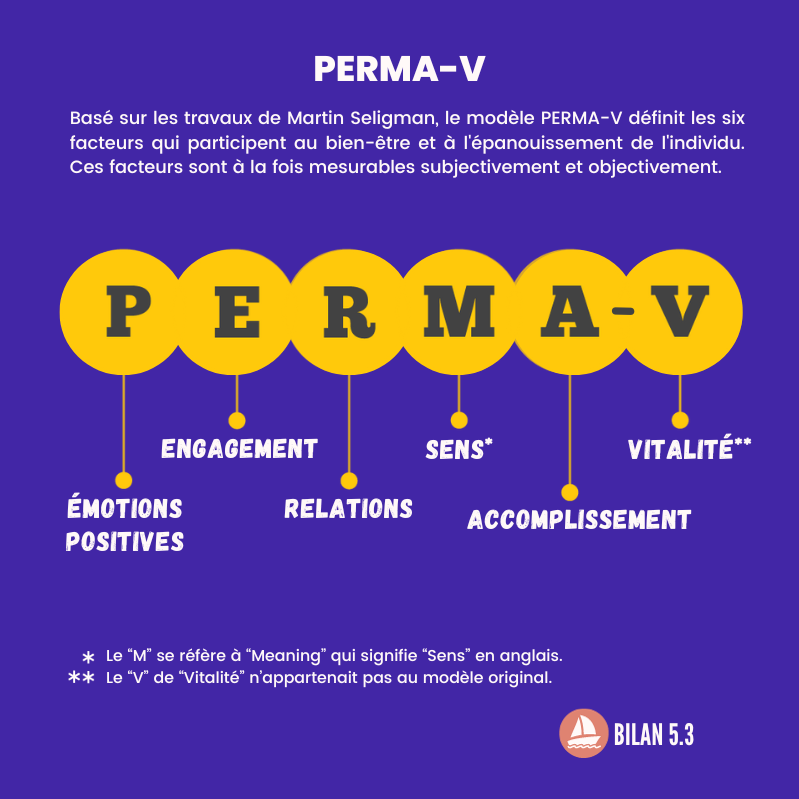The solitude can it be fatal? Two studies published in Archives of Internal Medicine highlight the health dangers of living alone and feeling alone.
The first study by researchers at Harvard Medical school followed for four years the health of 45,000 people who had had cardiovascular disease or were at risk of having one. It turned out that those who lived alone were more likely to die from a heart attack, Stroke or heart problems than those who did not live alone.
The incidence was more marked in the youngest participants, aged 45 to 65 years. This age group was the most at risk with 24% more risk of premature death. Among 66-80 year olds, living alone only increased the risk of death by 12%. In those over 80, no relationship between loneliness and mortality was observed.
Why this difference according to age? Between 45 and 64, it is less common to live alone. Suddenly this loneliness would be more badly lived, according to the researchers and would be accompanied by social disturbances such as the depression, a stress professional or relational. Conversely, living alone at an advanced age would be a sign of autonomy, independence and mental strength.
The second study led by Dr. Perissinotto, a researcher at the University of California at San Francisco, looked at feelings of loneliness and social isolation. 1,604 people aged 71 on average were asked about their feeling of loneliness and lack of company. Their ability to perform tasks of daily living was assessed for six years. As a result, participants who felt alone had 59% more risks of losing their autonomy in daily life. They had a 45% higher risk of death than those who did not feel alone.
These studies show the importance of assessing a person’s psychological well-being as well as physical well-being in order to understand their state of health. “We are trained to question a patient about his physical environment but not to question them about their feeling of loneliness”, corroborates Dr Perissinotto.
>> To read also: Depression: the keys to come out stronger
>> Read also: How to bounce back from depression














